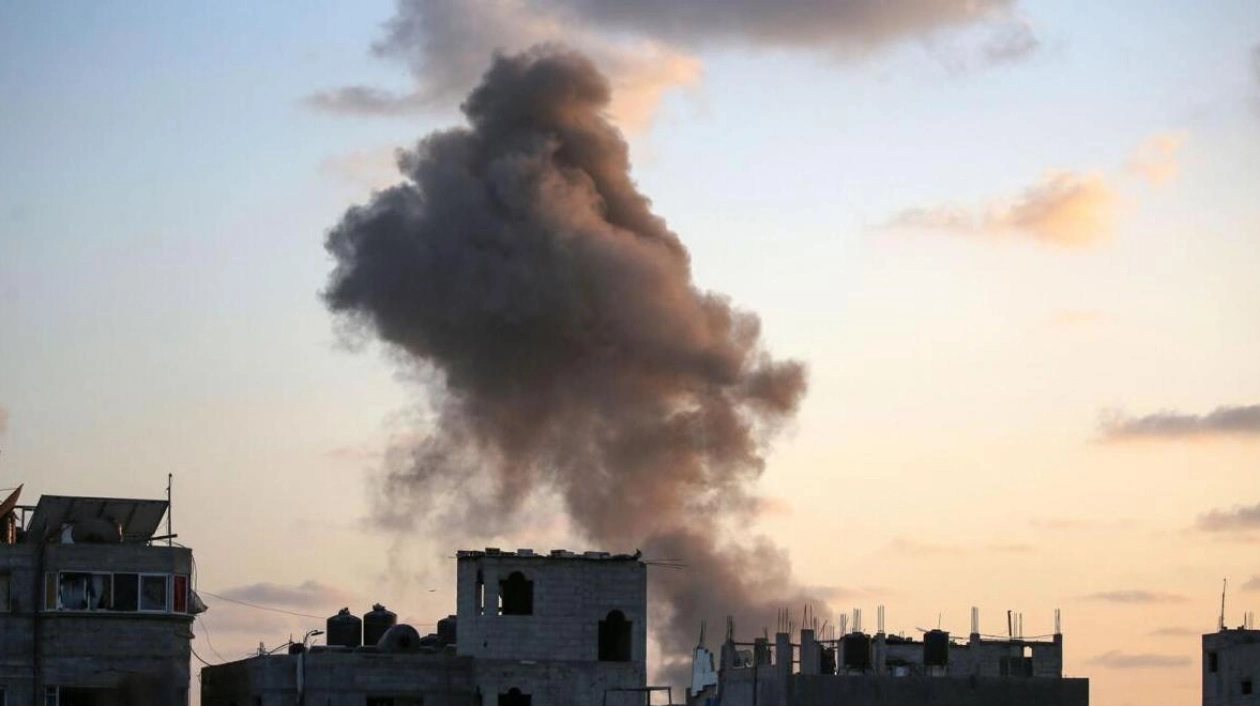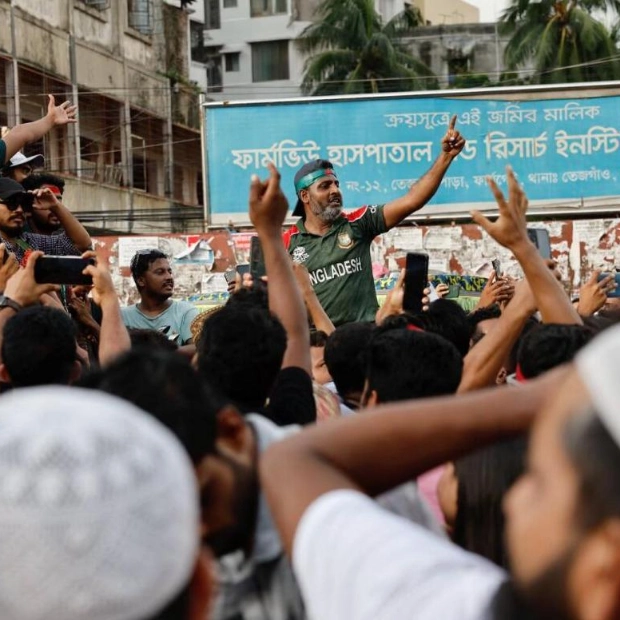Negotiators prepared for a critical weekend focused on ceasefire discussions in Gaza, as Hamas announced it would send representatives to Cairo without participating in the talks, while hostilities continued in the Palestinian territory. The United States, Egypt, and Qatar have been working for months to mediate an end to the conflict between Hamas and Israel in Gaza. The conflict, initiated by Hamas's exceptional attack on Israel on October 7, has severely impacted Gaza, leading to widespread displacement and a humanitarian emergency. The White House reported progress in the recent talks, though the potential long-term deployment of Israeli forces along the Gaza-Egypt border remains a significant issue. Previous periods of optimism in the intermittent ceasefire and hostage release negotiations have been unfulfilled. A Hamas leader confirmed a delegation was traveling to Cairo but would not join the discussions; instead, they would receive updates from Egyptian officials. Hamas insists on the complete withdrawal of Israeli forces from Gaza, including the border with Egypt. The negotiations are based on a framework proposed by US President Joe Biden on May 31, which Hamas leaders have agreed to implement without changes. Biden's three-phase plan, supported by the UN Security Council, includes an initial six-week ceasefire during which hostages would be exchanged for Palestinian prisoners. Israeli Prime Minister Benjamin Netanyahu maintains the need for troops along the border to prevent Hamas from rearming. The White House confirmed CIA Director William Burns's participation in the Cairo talks, and an Egyptian source indicated new proposals were being discussed to reconcile differences between Israel and Hamas. Fighting escalated in Gaza, with Israeli artillery and air strikes reported, resulting in multiple casualties, including a family in Khan Yunis.

Text: Lara Palmer
26.08.2024
Hamas to Send Delegates to Cairo Without Participating in Talks; Biden's Plan Under Consideration





